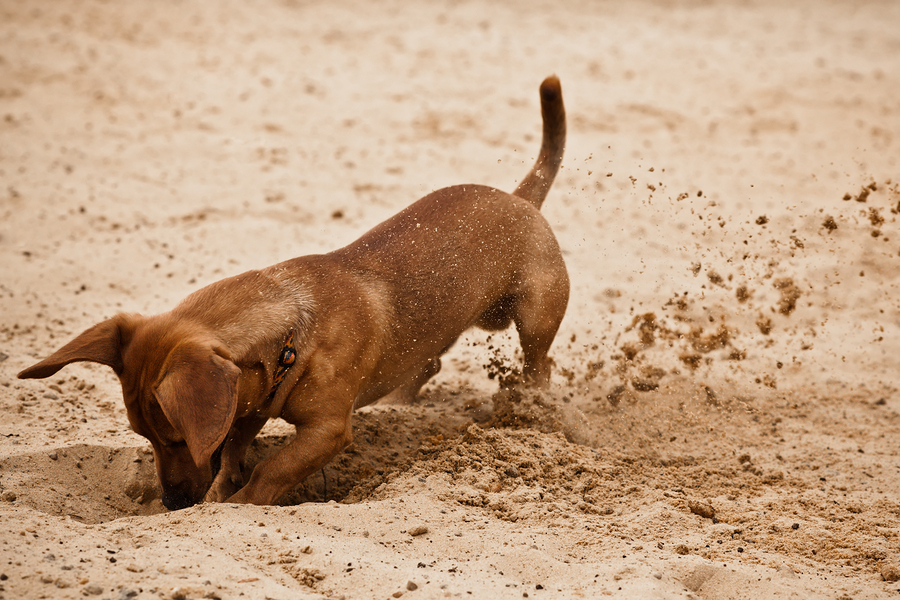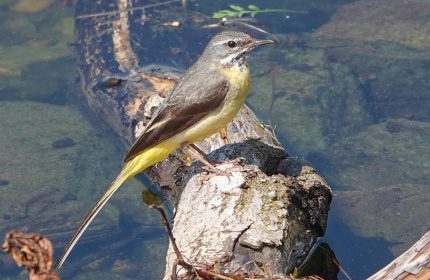Dog behaviour tips
Any dog-owners who saw the BBC TV show Six Puppies and Us will have recognised the teething problems of bringing up new pooches.
At all ages – but particularly in their youth – it’s important to nip dog behavioural problems in the bud, and learn what your dog might be feeling when he or she acts a certain way.
If you’ve recently had a new dog join the family, here are a few behavioural tendencies you may notice, and how to deal with them.
Chewing
Chewing is very common behaviour in dogs. It’s completely natural and is often a side effect of teething in puppies; in older dogs, it can help keep teeth clean and give jaws some exercise. However, chewing can also be disruptive to your home and your relationship with your dog.
To stop your dog chewing your furniture, get some chew toys from the pet shop and keep them in the rooms your dog tends to occupy most – for example, the living room. Remember, chewing can sometimes mean your dog is bored – so take it out for a walk and let him burn off some of that boredom.
Barking
Barking is your dog’s way of communicating, but it can often get out of hand. Dogs bark when they want attention but it’s important not to teach your dog that you’ll only pay attention to them when they bark.
If your dog’s barking becomes problematic, you may want to train them to stop using a sound or physical correction. Taking them on a long and vigorous walk can help too, as it helps dogs release any energy they’ve stored up. Dog behaviour expert Cesar Millan has a few more tips on how to stop dogs barking.
Digging
Dogs love to dig and bury things. If you’re on a countryside walk, this probably won’t bother you. But when it comes to your prized garden – that’s another matter. Again, digging is usually a bi-product of pent-up energy.
Make sure your dog gets enough exercise and you’ll probably find the digging stops. Alternatively, if you just have a dog that loves to dig no matter what, consider creating a special sand-pit or dog-friendly digging zone in your garden and train your pooch to constrain his digging activities to this area. Your dog will be happy, and so will your rose bushes.
If you’re interested in reading more tips, you can find out more about dog behaviour from the RSPCA.
What are your top dog behaviour tips?
Rachel - Silversurfers Assistant Editor
Latest posts by Rachel - Silversurfers Assistant Editor (see all)
- Easter activities for grandchildren - March 31, 2025
- Songs about Mum for Mothering Sunday - March 26, 2025
- The best of Diana Ross - March 25, 2025
- Elton John’s Greatest Hits Playlist - March 24, 2025
- Find love with Silversurfers Dating - March 20, 2025




















